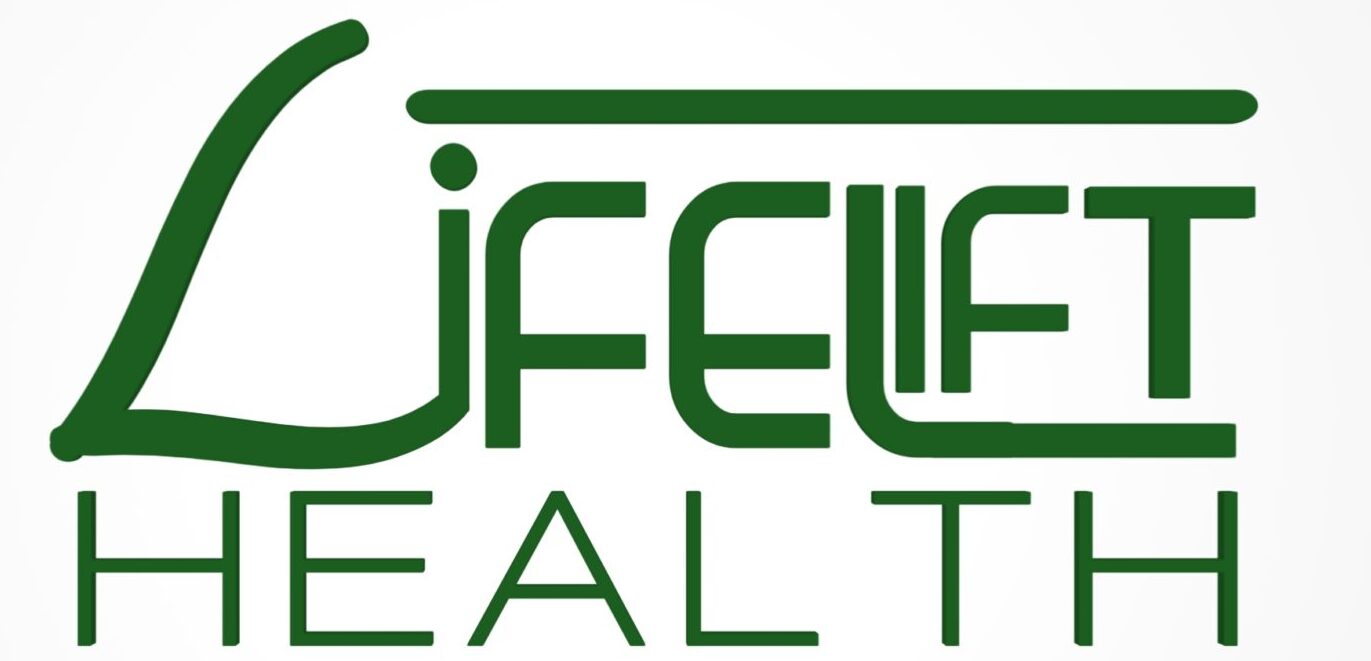Drug addiction is a persistent, recurrent illness marked by compulsive drug use, even when doing so has negative effects. It is a complicated condition that has an impact on people’s physical and psychological health. Drug addiction treatment, and there are a number of methods and interventions that can be used to assist people in beating their addiction and achieving long-term recovery. We will discuss the nature of drug addiction, the significance of getting treatment, and several facets of drug addiction treatment in this blog article.
Understanding Drug Addiction:
A complex interaction of biological, psychological, and social elements results in drug addiction. Long-term drug use can alter the reward system in the brain, which can cause extreme cravings and a lack of control over drug usage. Genetic predispositions, environmental factors, co-occurring mental health issues, and social influences can all have an impact on addiction.
1.Symptoms of drug addiction
The symptoms of drug addiction can vary depending on the specific drug(s) involved, the severity of the addiction, and individual factors. However, here are some common symptoms and signs that may indicate a person is struggling with drug addiction:
Compulsive Drug Use: The individual feels a strong and uncontrollable urge to use drugs, often resulting in frequent and excessive drug consumption.
Physical and Psychological Dependence: The individual develops a physical dependence on the drug(s), leading to withdrawal symptoms when they try to stop using. They may also experience intense cravings for the drug(s).
Tolerance: Over time, the person may require higher doses of the drug(s) to achieve the desired effects. This tolerance to the drug(s) can be a warning sign of addiction.
Loss of Control: The person struggles to maintain control over or stop abusing drugs despite efforts to reduce or cease their use. They might take more drugs or use them for longer periods of time than they should.
Neglected Responsibilities: Drug addiction often leads to a decline in performance at work, school, or other important areas of life. The individual may neglect responsibilities, miss deadlines, or experience financial difficulties due to their drug use.
Social Isolation: The individual might stop engaging in past interests, hobbies, and relationships. They could put using drugs before spending time with friends and family.
Changes in Behavior and Mood: Drug addiction can cause noticeable changes in behavior and mood. The individual may become irritable, agitated, or exhibit sudden mood swings. They may also engage in risky behaviors or act impulsively to obtain drugs.
Physical and Health Issues: Prolonged drug use can lead to various physical and health problems. These may include weight loss or gain, changes in sleep patterns, deteriorating physical appearance, frequent illnesses, or the development of chronic health conditions.
Neglect of Self-Care: Drug addicts are more likely to disregard their appearance, personal hygiene, and general self-care. They can appear untidy or act as though they don’t care about their wellbeing.
Relationship Difficulties: Drug addiction often strains relationships with family, friends, and loved ones. The person may experience conflicts, loss of trust, and deteriorating relationships as a result of their drug use.
Legal and Financial Issues: Drug abuse can result in legal problems, including arrests for drug-related offenses or engaging in unlawful activity to get drugs. Spending too much money on drugs or ignoring financial obligations can cause financial issues.

2.Recognizing the Need for Drug Addiction Treatment:
One of the most important initial steps on the road to recovery is admitting and embracing the need for drug addiction therapy. It necessitates addressing the detrimental effects addiction has on a variety of facets of life, including relationships, performance at work or in school, physical health, and general well-being. In order to overcome the difficulties of addiction, it is essential to recognize that it is a chronic condition and to seek professional help.
3.Comprehensive Assessment and Individualized Treatment Plans:
A thorough evaluation of each person’s particular requirements and circumstances is the first step in effective drug addiction therapy. This evaluation assists in determining the particular substances involved, the level of addiction, any co-occurring mental health illnesses, and other individual considerations. An individualized drug addiction treatment plan is developed based on this assessment and may combine medication, behavioral therapies, counseling, and support services.
4.Detoxification and Withdrawal Management:
Detoxification is frequently the initial stage of treatment for people who have a physical dependence on narcotics. In order to safely manage withdrawal symptoms as the body flushes the drug from its system, detoxification is necessary. In order to reduce discomfort and guarantee a secure and comfortable detoxification procedure, medical supervision, drugs, and supportive care are offered.
5.Pharmacotherapy:
Utilizing pharmaceuticals as part of pharmacotherapy can assist regulate cravings, lessen withdrawal symptoms, and promote long-term recovery. For specific substances like opioids, alcohol, or nicotine, medications might be utilized as part of an all-encompassing treatment approach. These drugs increase the likelihood of a successful recovery by stabilizing brain chemistry and decreasing the desire to use drugs.
6.Behavioral Therapies:
The cornerstones of drug addiction treatment are behavioral therapies. They support people in changing their attitudes, convictions, and actions in relation to drug use and in creating better coping mechanisms. Evidence-based behavioral therapies used in the treatment of addiction include cognitive-behavioral therapy (CBT), motivational interviewing (MI), contingency management, and family therapy. These treatments try to address underlying emotional or psychological problems as well as detect and alter negative thought patterns, develop problem-solving abilities, and increase motivation for change.
7.Supportive Services and Aftercare:
After the first therapy period, supportive services and aftercare are vital for maintaining recovery. Support groups offer continual peer support, encouragement, and a sense of community. Examples of such groups include 12-step programmed like Narcotics Anonymous or SMART Recovery. Programmed for aftercare may involve ongoing counseling, strategies for preventing relapses, assistance with finding a job, and help reintegrating into society.
8.Holistic Approach and Addressing Co-occurring Disorders:
18.Treatment for drug addiction that is holistic takes into account a patient’s physical, psychological, and social needs. It acknowledges the significance of addressing co-occurring mental health illnesses that frequently go hand in hand with addiction, such as anxiety, depression, or trauma. Comprehensive care is provided, and overall results are improved, by integrated treatment strategies that simultaneously address substance use and mental health concerns.
Conclusion:
The appearance of these symptoms does not necessarily signify drug addiction, it is crucial to remember. However, if you or someone you know exhibits several of these symptoms, it may be an indication of a substance use disorder, therefore you should seek professional assistance.
Drug addiction is a difficult condition, but drug addiction treatment is attainable with the correct care and encouragement. The likelihood of beating addiction and leading a better, more satisfying life can be considerably increased by seeking professional assistance, creating a personalized treatment plan, and participating in evidence-based interventions. Keep in mind that asking for help is a brave move towards a future free from the shackles of drug addiction.

